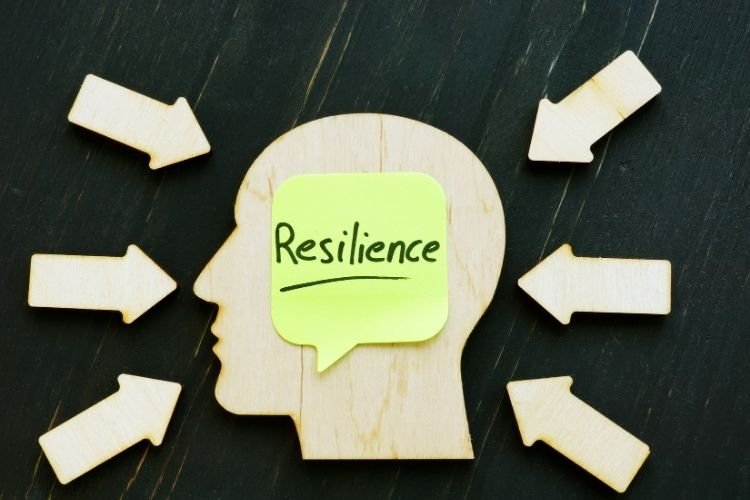![]()
![]()

In a world where silence often surrounds the struggles of underserved women, building health resilience isn’t just important — it’s essential.
From inadequate healthcare to emotional isolation, women in unsupportive communities face unique hardships. But despite these barriers, many women are finding ways to thrive. This article explores practical, empowering strategies from the transformative book “Building Health Resilience for Women in Unsupportive Communities.”
We’ll break down what health resilience for women means, why it’s needed more than ever, and how women can take back control of their well-being even in the most challenging environments.
At its core, health resilience for women refers to the ability to adapt, cope, and recover in the face of health-related stressors both physical and emotional. But for women in unsupportive environments, this takes on a broader meaning.
Key components include:
The book outlines each of these layers with clear examples, community success stories, and evidence-based strategies.
Women in low-resource or culturally restrictive environments often struggle with:
These factors make health resilience for women not just beneficial, but a survival tool.
The book doesn’t offer theoretical advice it offers real, actionable strategies. Here’s how women can begin to strengthen their health resilience, one step at a time.
Stress is unavoidable but how we respond matters. Techniques include:
By managing stress proactively, women build a strong foundation for health resilience in unpredictable environments.
The book stresses the vital connection between mental health and health resilience for women. Many women suppress their feelings due to cultural stigma, lack of support, or fear of appearing “weak.”
To combat this:
Mental resilience fuels every other type of health resilience.
One overlooked pillar of health resilience for women is financial literacy and empowerment. A woman who controls her income is more likely to:
Practical steps include:
Economic stability empowers health choices.
Safe spaces even informal ones are critical. These are places where women can speak, listen, and support without judgment.
Ways to foster them include:
The book shares how even a shared meal or group walk can become a launching pad for collective healing and resilience.
Access to resources no longer requires infrastructure. Women can now access:
Technology democratizes care and strengthens health resilience for women in remote areas.
True resilience also comes from raising voices. Even in unsupportive settings, women can lead change by:
When one woman speaks, it creates a ripple effect. Advocacy builds systemic resilience.
Building Health Resilience for Women in Unsupportive Communities is more than a guide it’s a lifeline. It includes:
If you’re a woman seeking hope, or an ally wanting to help, this book is your toolkit.
Every woman deserves the chance to live a healthy, fulfilled life — regardless of geography, income, or community norms.
Building health resilience for women isn’t a luxury , it’s a human right.
Whether you’re starting with five minutes of quiet breathing or organizing a local support circle, every act counts. This book proves that where systems fail, women rise.
